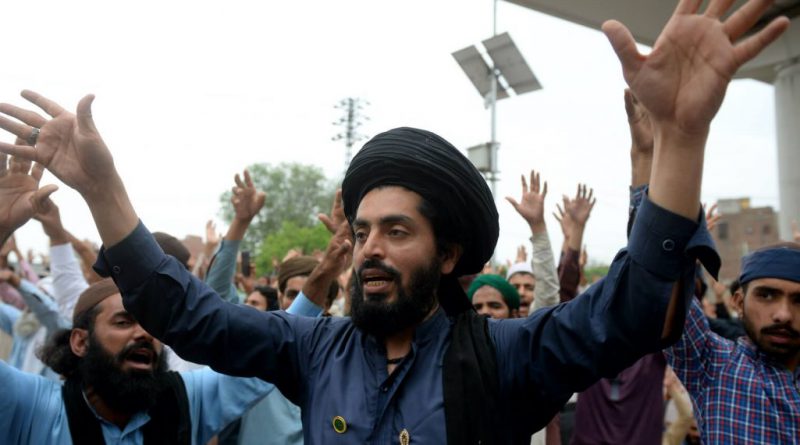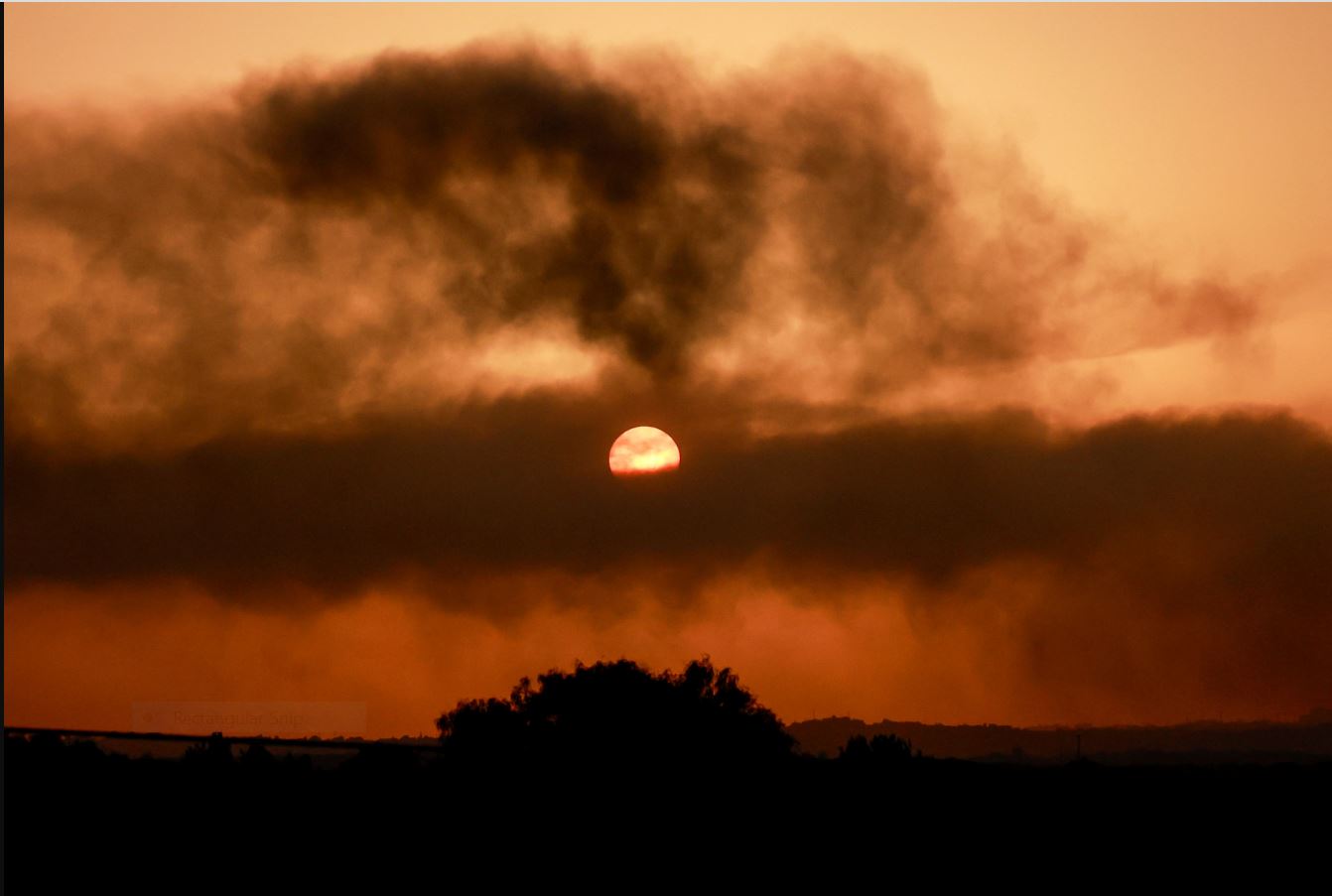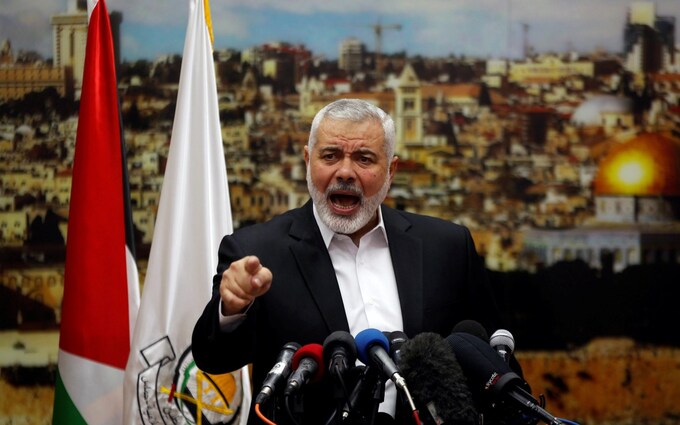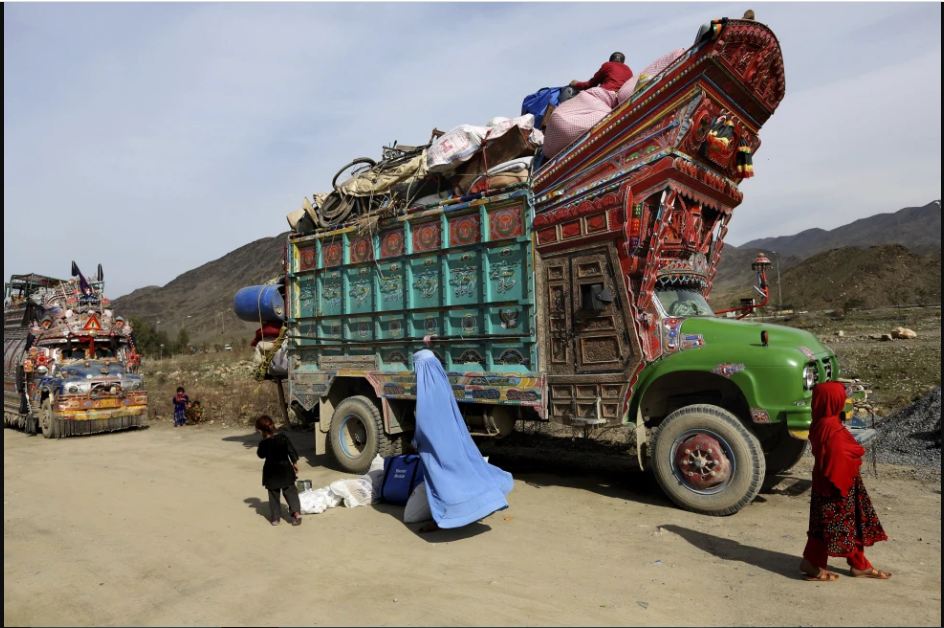Unveiling the Pakistani Islamists vowing ‘Death to Blasphemers’
With its rallying cry of “death to blasphemers”, TLP has emerged as a prominent voice within the Barelvi Sunni sect, followed by the majority of Pakistan’s population of 241 million people.
Recent violent incidents targeting Christians in Pakistan have once again brought attention to Tehreek-e-Labaik Pakistan (TLP), an outlawed Islamist political party known for its staunch defense of Pakistan’s draconian blasphemy laws. Accused of inciting mob violence against religious minorities, particularly Christians, TLP continues to operate openly despite being banned. This article aims to shed light on the group’s objectives, history, and influence within Pakistani society.
Protecting Blasphemy Laws
Tehreek-e-Labaik Pakistan, meaning the movement of the Prophet’s followers, is primarily focused on safeguarding Pakistan’s stringent blasphemy laws. The group has gained notoriety for its support of vigilante violence against individuals accused of blasphemy, often calling for the death penalty for those deemed guilty. With its rallying cry of “death to blasphemers”, TLP has emerged as a prominent voice within the Barelvi Sunni sect, followed by the majority of Pakistan’s population of 241 million people.
Origin and Political Ascent
The TLP first gained prominence in 2015 during a protest campaign demanding the release of Mumtaz Qadri, a police guard who assassinated Punjab province’s governor, Salman Taseer, in 2011. Taseer had advocated for reforms to the blasphemy legislation. Qadri was subsequently sentenced to death and executed in 2016. The TLP announced its entry into electoral politics at Qadri’s funeral, attracting tens of thousands of supporters. In the 2018 elections, the TLP secured over two million votes, making it the fifth largest party in terms of vote share.
Leadership and Influence
The fiery cleric Khadim Hussain Rizvi, founder of TLP, played a pivotal role in mobilizing supporters. His death in 2020 led to a massive funeral attended by tens of thousands of devotees from across Pakistan. Rizvi’s son, Saad Rizvi, has taken the reins of leadership within the party. Despite being outlawed by the government in 2021 following deadly clashes with the police during protests, TLP continues to operate openly and even supports independent election candidates who align with its ideology.
Clashes and Controversies
In 2017, TLP showcased its ability to mobilize supporters when thousands marched on Islamabad, blocking a major highway to protest against granting voting rights to the Ahmadi minority community, who believe in a different prophet than Islam’s Prophet. The standoff ended in a military-brokered deal, fulfilling most of TLP’s demands, including the resignation of the law minister at the time. The group resurfaced in 2021 during violent protests against caricatures of the Prophet Mohammed published in the French magazine Charlie Hebdo. It demanded the expulsion of the French ambassador, a boycott of French products, and the severing of trade ties with Europe.
Implications and Challenges
The continued influence of TLP, despite its outlawed status, poses significant challenges for the Pakistani government. While the group’s support base remains largely confined to a specific sect, its ability to organize large-scale protests and mobilize followers cannot be underestimated. The government’s previous concessions to TLP’s demands have raised concerns about the erosion of state authority and the appeasement of extremist elements.
Tehreek-e-Labaik Pakistan’s dedication to protecting Pakistan’s blasphemy laws and punishing alleged blasphemers has catapulted the group into the national spotlight. With a significant following and a history of mobilizing supporters, TLP’s influence on Pakistan’s political and social landscape cannot be ignored. Balancing the need to protect religious freedoms and maintain law and order remains a pressing challenge for Pakistani authorities as they address the growing influence of Islamist groups like TLP.



